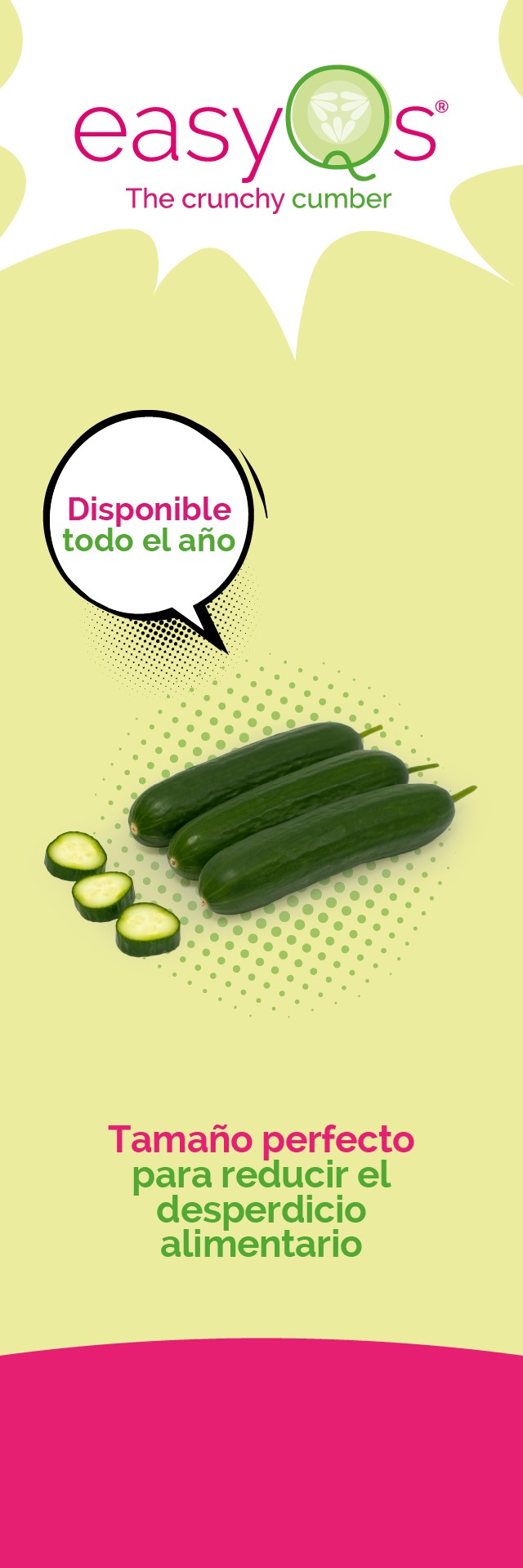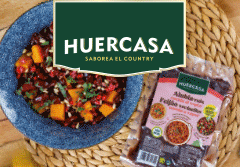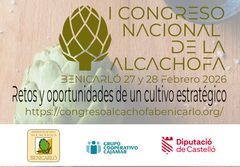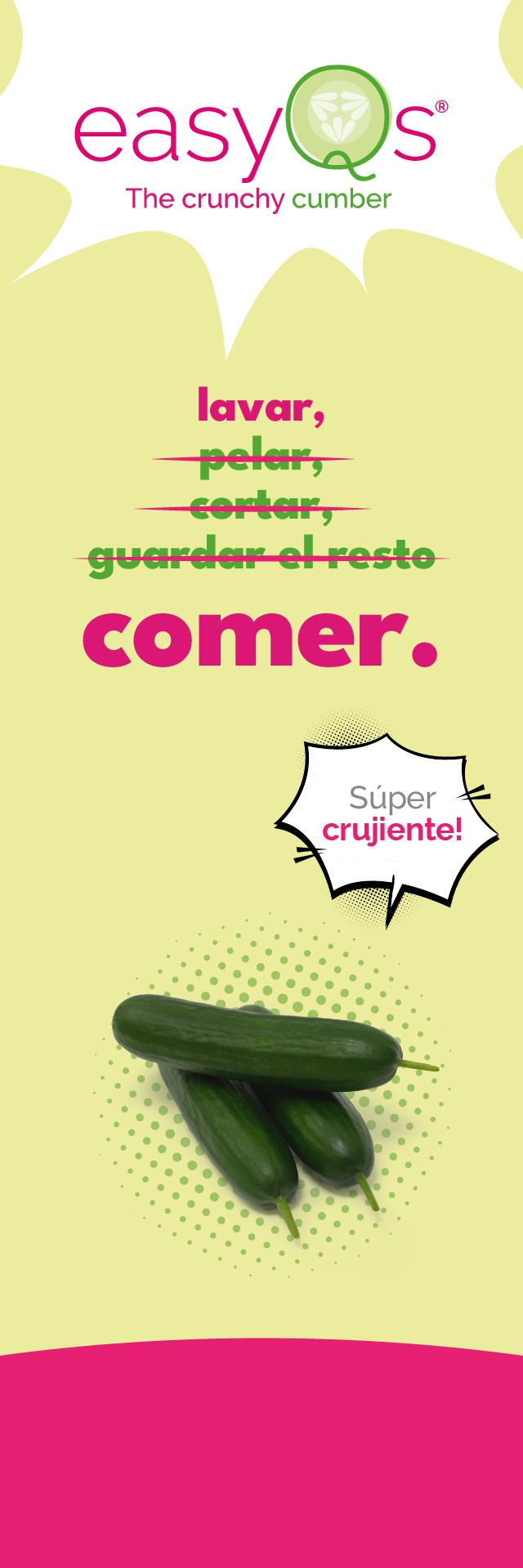The Catalonian cooperative group has extended its export network to emerging countries and is diversifying its winter productions.
A more extensive trading network, with destinations outside Europe and diversification towards other produce such as persimmons, kiwis and pomegranates during the winter months, are all allowing the organisation to be present on the market throughout the entire year.
Fruits de Ponent is the leading stone fruit marketing company in Europe. It is unquestionably one of the main exporters, since 75% of its production (around 65 million kilos of fruit) crosses our country’s borders.
Although its main destinations are all within the European Union, the company has known how to adapt itself to the new trade setting that has arisen following the Russian embargo, along with marketing in more distant countries.
The leading position that Fruits de Ponent holds in the European Union has meant it can consolidate markets on other continents. In this way, the summer 2015 campaign was used to open up and strengthen sales in countries such as Malaysia, Hong-Kong and Singapore.
The company is currently looking towards the Chinese market, thanks to the protocols that are opening up between Spain and the Asian giant. The cooperative has already sent its sales team to this country to prepare the path for the fruit in 2016 or 2017.
The other important export commitment will be the Caribbean region. Although to date the company has already ‘landed’ in countries such as Brazil and Colombia, its next destination lies in countries in the Caribbean, where stone fruit is very popular.
As a summary of the last campaign, and in words of its general manager, Josep Presseguer, “the year 2015 was marked, once again, by the pressure on prices and we cannot describe it as a successful situation, although it is true that it was not as complicated as 2014. However, the company is adapting to the changes and it has increased its winter working capacity to diversify the production. Fruits de Ponent’s skill when repositioning itself on the map of global markets is highly contrasted and now is the time to build up alliances that could bring more yield to the product and offer new marketing lines.”
Fruits de Ponent produces its fruit following some highly demanding health regulations (using traceability and Integrated Production, a method that lies in between ecological and conventional farming). The Cooperative Group has over 2,200 hectares of fruit production and it is formed by around 220 family units of associates.





















